In the wake of an economic collapse, the world as we know it would dramatically change, presenting any number of grave dangers that could threaten our survival. An economic collapse doesn’t just mean your savings might vanish. It could lead to a scenario where the basic services and safety nets we’ve come to rely on no longer exist. Whether it’s the inability to access medical care or the desperation of unprepared neighbors, the fallout can be lethal. Are you prepared to face such a reality?
1. Infections

In a world stripped of its modern healthcare system, minor infections could become deadly. The luxury of visiting a doctor for antibiotics may disappear, so we’d have to turn towards natural remedies like herbs and garlic for treatment. Stockpiling antibiotics now, from reputable sources, or learning the early signs of infection and the natural remedies to treat them could mean the difference between life and death.
2. Desperation

The desperation of unprepared randos could lead to dangerous confrontations. People who’ve never had to worry about their next meal may suddenly find themselves in dire straits, willing to take extreme measures for survival. The key to avoiding such desperation lies in thorough preparation and community building.
3. Malevolence

Darkness lurks in the hearts of some, waiting for law and order to unravel. Without the deterrence of law enforcement, those with a dark nature could freely prey upon others. You need to know how to protect yourself and be willing to act so you don’t become prey for twisted souls. This is also another reason why a strong community and communal vigilance is important..
4. Starvation

The end of food supply chains would spell disaster for those not versed in self-sufficiency. Starvation becomes a real threat when stored supplies dwindle, emphasizing the critical need for skills in food production and preservation.
5. Food Poisoning

As food becomes scarce, the risk of consuming spoiled or contaminated goods increases. In the absence of medical care, food poisoning could prove fatal, highlighting the importance of knowledge in safe food handling and storage.
6. Injury

With hospitals out of reach, a simple cut or broken bone could turn deadly. Knowing how to clean wounds, manage sprains, identify infection signs, and perform first aid and wound management is a necessity.
Equipping your emergency kit with bandages, antiseptics, and pain relievers is a must. Managing injuries yourself when healthcare is unavailable can keep you or your loved ones alive. Stay safe by learning basic first aid and keeping your kit stocked.
7. Dehydration

Clean water is a cornerstone of survival often taken for granted. In the collapse’s aftermath, securing a reliable source of potable water becomes crucial to prevent dehydration, especially in densely populated areas where resources are quickly exhausted. Learning how to gather water in a scarcity situation is just so important. Methods like transpiration or building an underground still may be extreme, but they’ll keep you alive.
8. Heat Stroke

Without electricity for cooling, summer’s heat could become deadly. Learning to recognize and treat heat stroke, alongside implementing passive cooling strategies in your home, could save lives when air conditioning is no longer an option.
9. The Cold

Conversely, the lack of heating during winter months poses its own set of lethal challenges. Understanding how to generate and conserve heat, perhaps through wood-burning or insulating your home, is vital for surviving the bitter cold.
10. Shelter and Exposure
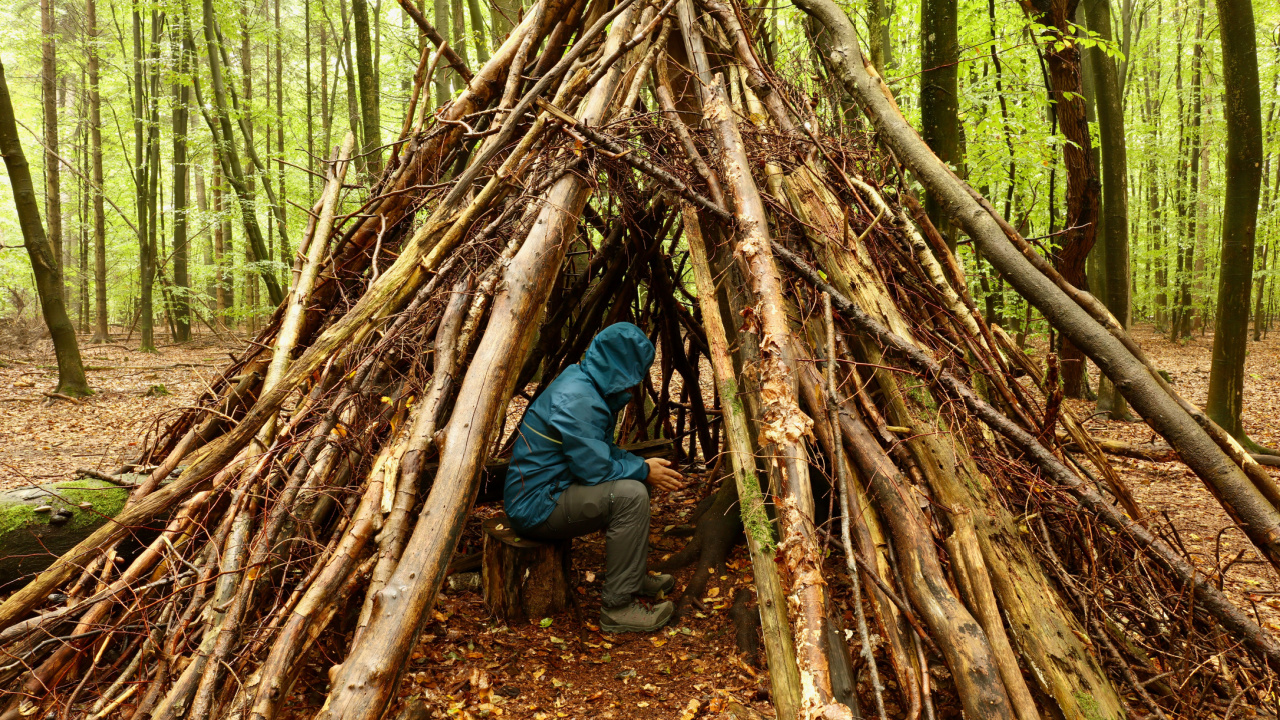
The fallout of an economic collapse could strip many of shelter, thrusting them into the mercy of the elements and increasing risks like hypothermia or heatstroke. Mastering survival skills to create or find shelter for protection against the extremes of weather is a basic necessity. Keeping essentials like thermal blankets, tarps, and suitable clothing is key to regulating body temperature and staving off exposure-related health issues.
11. Civil Unrest and Crime
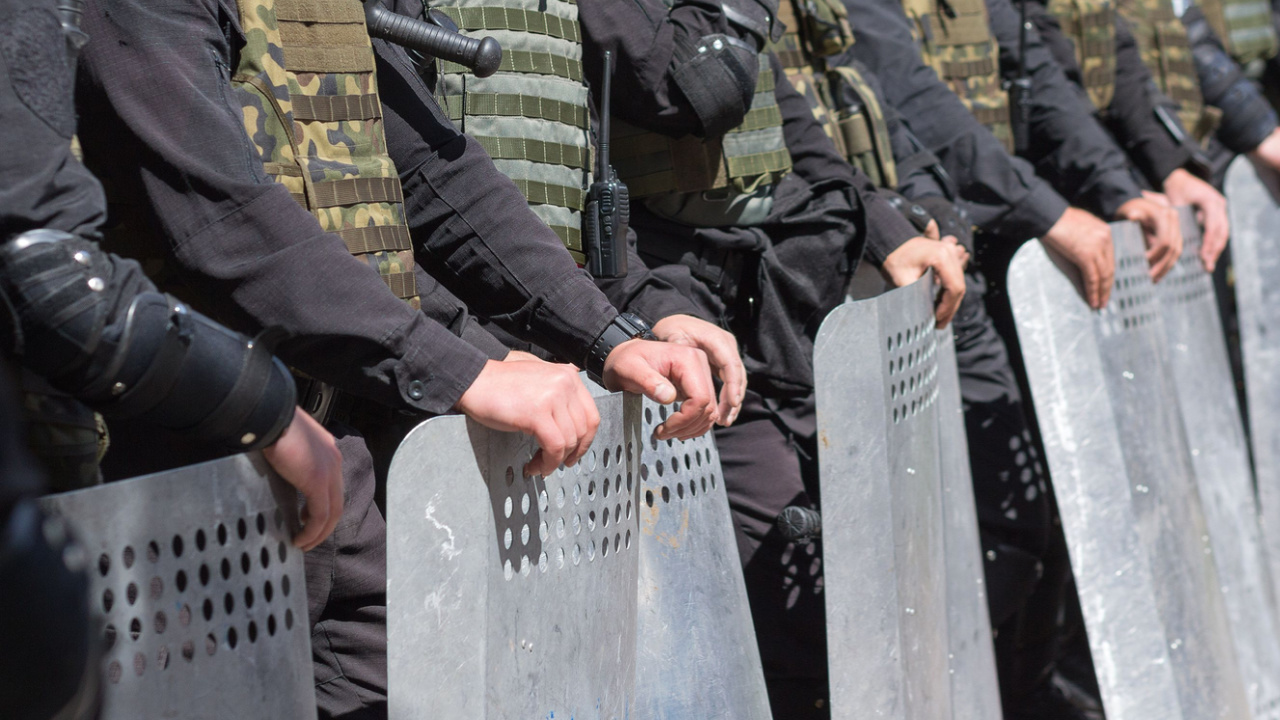
Economic collapse often triggers a rise in civil unrest and crime, as desperation drives people to drastic measures. With law enforcement stretched thin or absent, the risk of theft, looting, and violence escalates, making urban survival especially challenging. To stay safe, enhancing self-defense skills, uniting with neighbors for community defense, and securing your home become imperative. Reinforcing entry points and maintaining awareness of your surroundings are key strategies.
12. Carbon Monoxide Poisoning

The desperation to stay warm could lead some to unsafe practices, like using propane heaters indoors without proper ventilation, resulting in suffocation. Educating yourself on the dangers of carbon monoxide and ensuring adequate airflow can prevent tragic accidents.
13. Contaminant Exposure
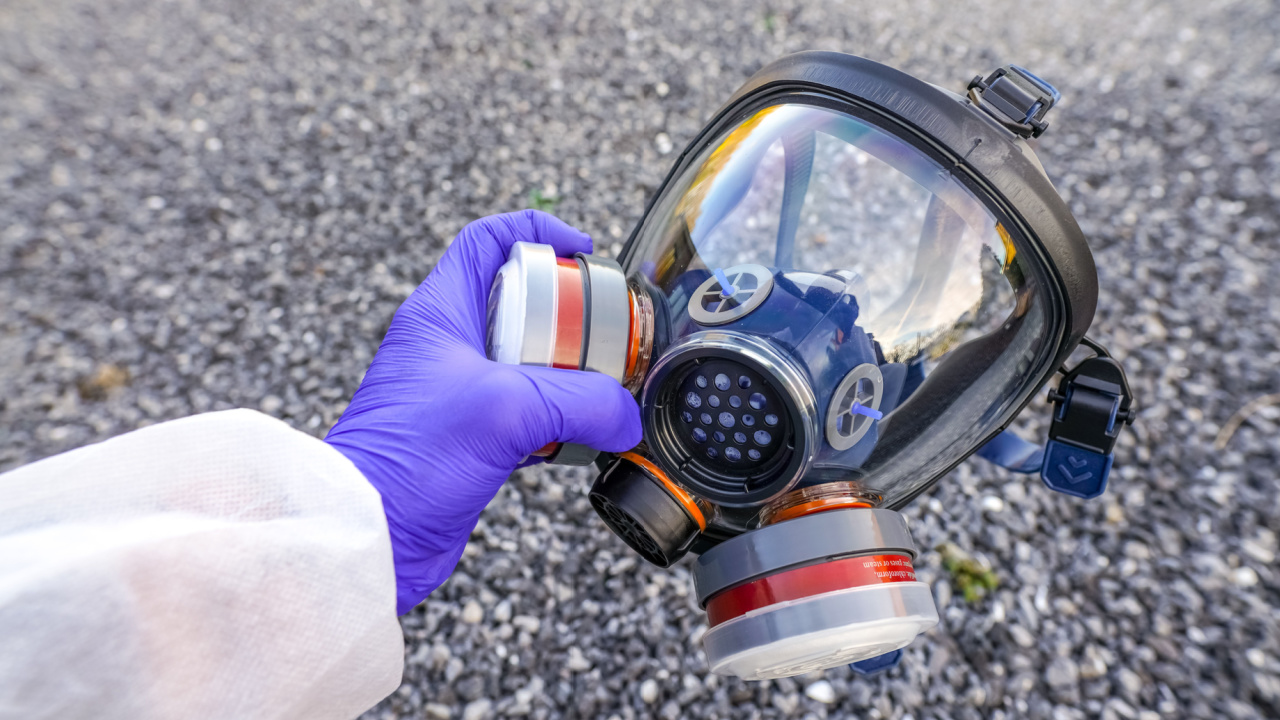
Contaminant exposure following a collapse is a very real risk. Crumbling infrastructure can lead to unsafe water and polluted air, raising the risk of disease and chemical poisoning. Securing clean water through filters or boiling can reduce risk, as does avoiding areas near industrial waste. Keeping masks or respirators handy for air pollution is also wise. Preparing for and understanding these environmental threats can significantly lessen their impact on your well-being.
14. Suicide

The psychological toll of an economic collapse cannot be underestimated. The drastic increase in suicides during past recessions hints at the despair such crises can bring. Mental health preparedness, including fostering strong community ties and resilience, is as crucial as physical readiness.
31 Ways to Boost Home Security: How to Fortify Your Fortress and Deter Burglars

We sadly live in a society where it’s all too common for criminals to want to take what we’ve worked hard to get. The results of a break-in are traumatic, too. Beyond just losing your stuff. Victims often feel violated, anxious, and unsafe, sometimes for years after the event.
Prevention is the best way to stay safe. And, while you shouldn’t have to turn your home into a fortress, that’s the stark reality of our world. But you can take plenty of simple steps to deter burglars and ensure your home is less attractive to would-be thieves.
25 Winter Foraging Foods to Save Money on Your Grocery Bill
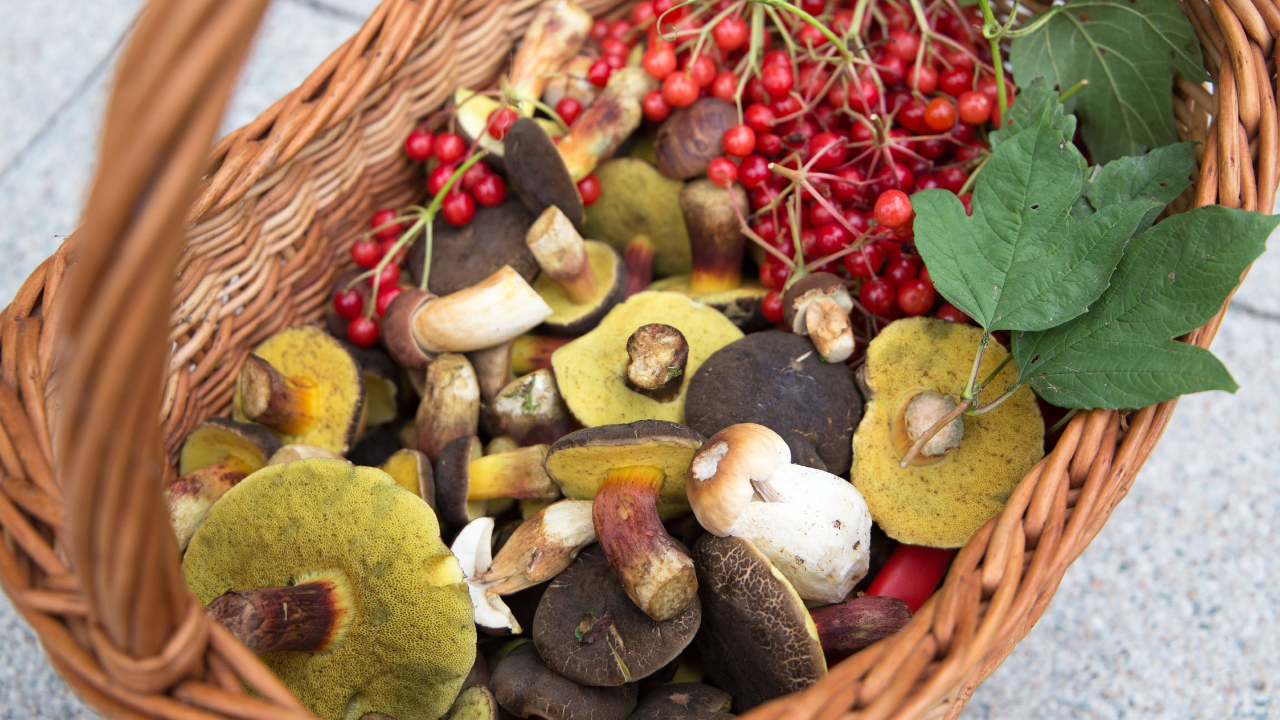
With food prices going up by 15% from October 2021 to October 2023, finding ways to cut down your grocery bills is more important than ever. Winter foraging is an awesome way to add to your pantry for free. Yes, you get free food in the form of wild edibles, but it’s also fun for the whole family, gets you moving, and reconnects you with nature.
Even though foraging in winter seems hard compared to the bounty of late summer, there’s still plenty out there if you know where to look. Plus, if things do go south, you need to know how to get wild foods to survive when there are no old-world supplies to access.
23 Smart Ways to Preserve Food
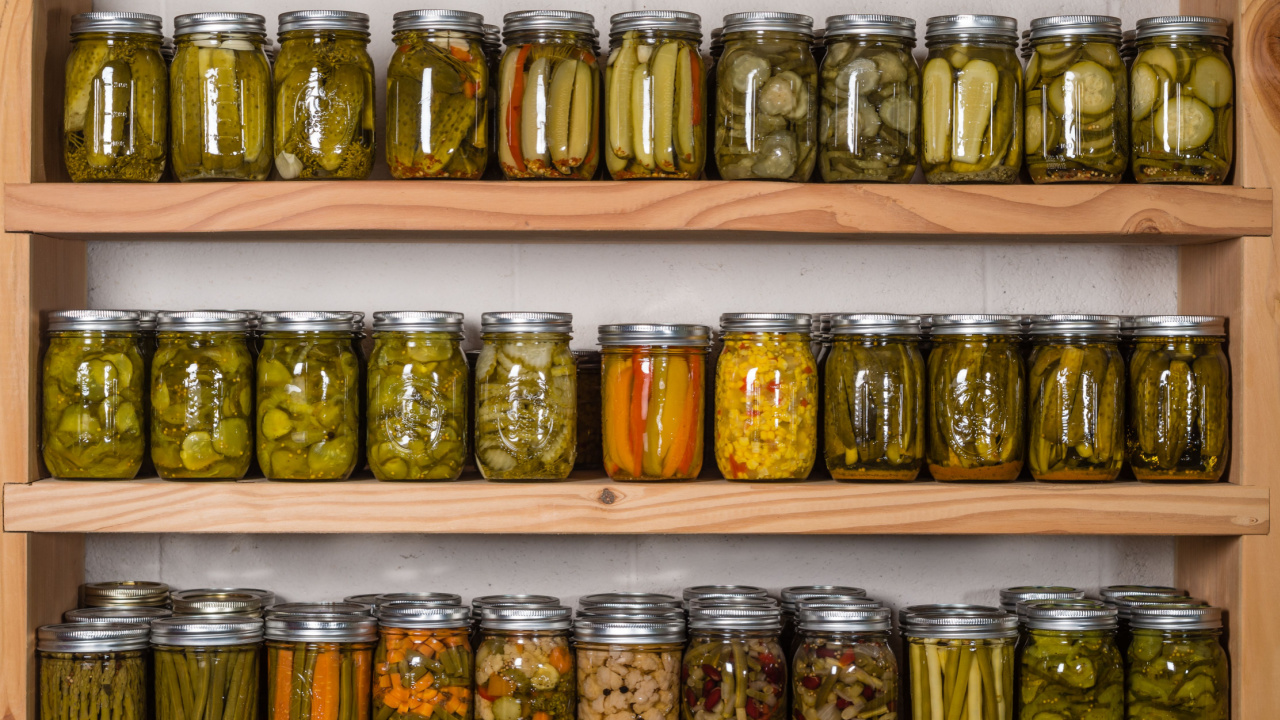
Preserving food is an art as much as it is a science, tapping into our ancestral roots and addressing modern needs. Whether you’re looking to avoid waste, prepare for leaner times, or simply enjoy the fruits of your labor year-round, these 23 smart methods will guide you through. I’m a huge fan of preserving things I find on sale, gluts of produce from my homestead, or produce I’ve bartered with someone else.
Katy Willis is a writer, lifelong homesteader, and master herbalist, master gardener, and canine nutritionist. Katy is a preparedness expert and modern homesteader practicing everyday preparedness, sustainability, and a holistic lifestyle.
She knows how important it is to be prepared for whatever life throws at you, because you just never know what's coming. And preparedness helps you give your family the best chance to thrive in any situation.
Katy is passionate about living naturally, growing food, keeping livestock, foraging, and making and using herbal remedies. Katy is an experienced herbalist and a member of the CMA (Complementary Medical Association).
Her preparedness skills go beyond just being "ready", she's ready to survive the initial disaster, and thrive afterward, too. She grows 100% organic food on roughly 15 acres and raises goats, chickens, and ducks. She also lovingly tends her orchard, where she grows many different fruit trees. And, because she likes to know exactly what she's feeding her family, she's a seasoned from-scratch cook and gluten-free baker.
Katy teaches foraging and environmental education classes, too, including self-sufficient living, modern homesteading, seed saving, and organic vegetable gardening.
Katy helps others learn forgotten skills, including basic survival skills and self-reliance.
She's been published on sites such as MSN, Angi, Home Advisor, Family Handyman, Wealth of Geeks, Readers Digest, and more.
